Abstract
Medical Laboratory Professionals saves lives every day. To highlight the efforts of these clinical laboratory scientists, Outbreak News Today featured a team of Medical Laboratory Professionals discussing what a medical lab scientist (MLS) does, what it takes to become one, and the unique challenges that face this growing profession. Dr. Rodney E Rohde, Dr. Suzanne Campbell and two recent graduates talk about their experiences in this profession.
Main Article
April 23 to 29, 2017 is this year’s Medical Laboratory Professionals Week, a week aimed at highlighting the invaluable service the people in these professions perform in our fight against infectious diseases and in their everyday practice of laboratory medicine for all types of health issues. This week, Outbreak News Today (with Robert Herriman) featured a group of Medical Lab Professionals who shared their experiences in this role. Featured on this show were Dr. Suzanne Campbell (president of the American Society for Clinical Laboratory Science and President and Dean of Allied Health and Director of Medical Laboratory Technology Program at Seward County Community College), Stephanie Noblit, MLS (ASCP)CM,(Medical Laboratory Scientist- Medical Toxicology, Hospital of the University of Pennsylvania, ASCLS Mentorship Committee- Chair), Jazmen Myers, MLS (ASCP)CM, Texas Health Presbyterian Dallas, Microbiology and Special Procedures Laboratory, ASCLS New Professional and New Member Director, and Dr. Rodney E. Rohde (Associate Dean for Research, College of Health Professions and Chair & Professor, Clinical Laboratory Science at Texas State University and President, Texas Association for CLS and advisory board member at InfectionControl.tips).
What is a Medical Laboratory Professional?
A Medical Laboratory Professional (medical laboratory scientist, MLS; medical laboratory technician, MLT; and other specialists) is a behind-the-scenes component of the medical profession. These professionals are responsible for performing and reviewing the results of tests (such as blood tests) to inform the correct diagnosis, and ultimately the right intervention (ASCLS, 2017) for one’s health. These medical laboratory professionals have a role in prevention, diagnosis, and treatment of illness and disease. Lives are saved everyday by these medical laboratory professionals and the 7.25 billion laboratory tests performed by them across the United States each year (Rohde, personal communication).
Increased exposure has recently helped bring the role of the lab professionals from being a behind-the-scenes worker to someone whose services are requested by the public (Duong, 2016). Advocacy for more testing, both patients and doctors, has improved numerous outcomes in hospital settings; most notably, there has been a marked decrease in the number of inappropriate treatments being prescribed to patients.
The Training
Becoming an MLS is not an easy task. University courses are heavy in the biological sciences, and feature courses in metabolism, genetics, microbiology, chemistry, and organic chemistry, among many more. Jazmen noted that this (prerequisite coursework) was the easier part of her degree, as more advanced courses, such as microscopy, clinical chemistry, clinical microbiology, immunology, immunohematology, and hematology were also required to attain her certification, MLS(ASCP). Both an understanding of the human body, and how all the different, complex bodily functions come together are required to be able to appropriately analyze the results of the laboratory tests.
Following and/or during the final coursework, the students must also take a number of clinical laboratory courses to enhance their education and training, and to bring what they’ve learned to the laboratory bench. For example, in the Texas State Clinical Laboratory Science Program, there are multiple additional laboratory-based courses, including hematology, blood banking, microbiology, clinical chemistry and general laboratory skills are also taught to students to create a laboratory professional who is adept in theoretical and practical application of laboratory testing. Lastly, the students are also immersed in five clinical rotations, a clinical research course, as well as coursework in quality control/quality assurance, and principles of business management.
The ASCLS
The American Society for Clinical Laboratory Science (ASCLS) is a national organization that unifies the different laboratories to facilitate collaboration and improve patient care. The mission of ASCLS is to make a positive impact in health care through leadership that will assure excellence in the practice of laboratory medicine. There are 300,000 laboratory professionals across the United States; unification of these professionals helps to coordinate these laboratories to adopt new tests and modify policies in light of improving evidence.
‘coming out of the shadows’ to change the world
Laboratory professionals were previously considered a service to the hospitals that were meant to stay in the background to perform the tests for the direct health care providers. One common sentiment is that MLS are ‘coming out of the shadows’ to change the world (Rohde et al, 2016). With an aging population, laboratory professionals are needed more than ever to deal with the exponentially growing number of tests required. Likewise, the laboratory workforce as well as those who educate our future medical laboratory professionals are in severe shortages (Rohde, 2016).
Advocating for Change
The growing population and shrinking planet increases how fast diseases can travel. Patients can contract historically ‘exotic’ diseases much more easily now, and the services provided by MLS can help to diagnose these seemingly rare diseases. There has been a positive shift to more testing in healthcare, but more still needs to be done.
New graduates are entering this new era of great change, as the population grows older, and where diseases are both growing in severity and spreading much quicker. This new class of MLS professionals are seeing exciting, new technology in rapid diagnosis. The MLS professionals will be crucial for validation, promotion, and adoption of these tests countrywide.
Drs. Campbell and Rohde are seeing a new trend in how MLS professionals are being trained in different fields, and bringing the skills they have obtained during school and in the laboratory to these new career paths. Their extensive education in diagnostics allows graduates to better understand how the body works, and provides a unique perspective in these new fields.
Conclusion
The next few years will see a large shift in how medical laboratory professionals are perceived. The profession is growing, and its essential role in healthcare is being seen outside of the medical laboratory. Schools around the world are training young, brilliant minds to help diagnose and recognize medical disorders to improve patient care. The future will depend on these individuals to curb the next outbreak, as well as to improve the quality of life of our aging population. Medical Laboratory Professionals – #WeSaveLivesEveryday.
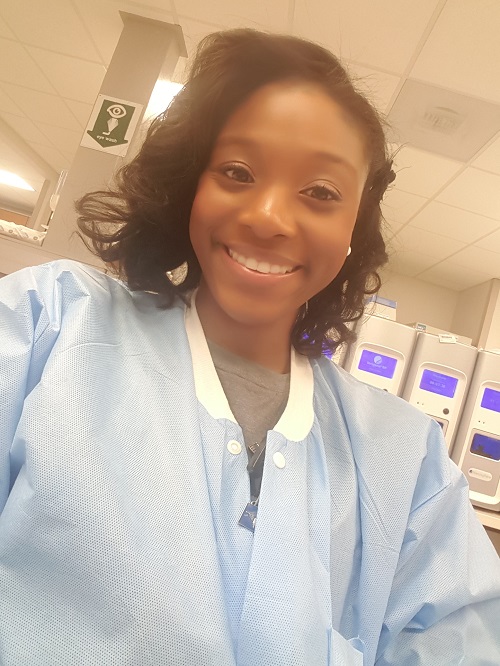
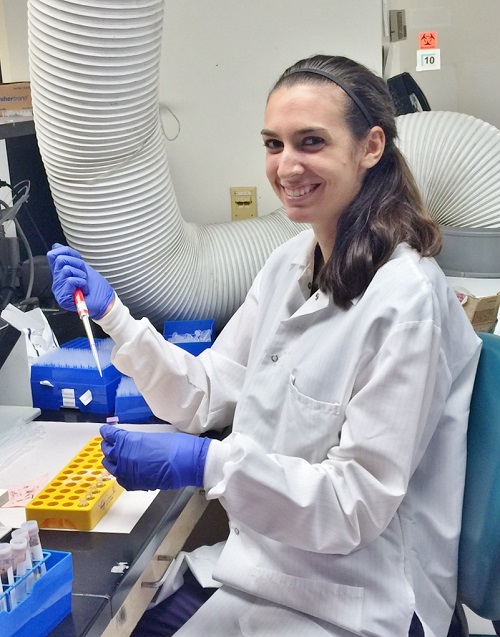
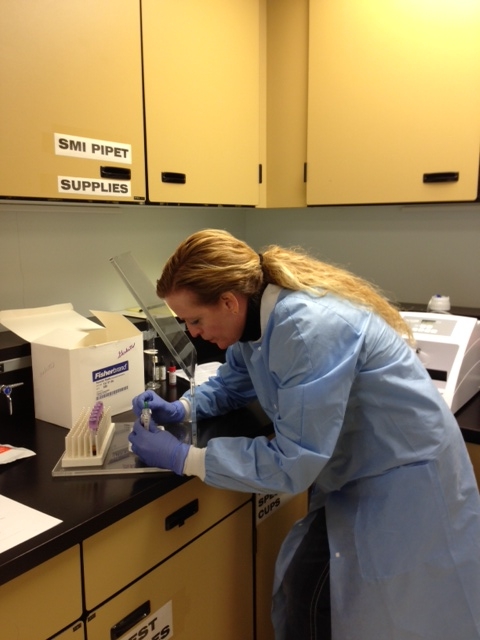
References
ASCLS (2017) Career Center. American Society for Clinical Laboratory Science. Accessed April 23, 2017. http://www.ascls.org/what-is-a-medical-laboratory-science-professional
Duong (2016) Saving Lives in the Shadows of Healthcare. InfectionControl.tips 12. 1-4. https://infectioncontrol.tips/2016/12/22/saving-lives-in-the-shadows-of-healthcare/
Rohde, R.E., Felker, M., Regan, J. et al. Healthcare-Associated Infections (HAI): The Perfect Storm has Arrived! Invited Focus Series. Clin Lab Sci Winter 2016; 29(1): 28-31.
Rohde, R.E. (2016) Medical Laboratory Professionals SAVE LIVES every day, but do you know who we are? InfectionControl.tips https://infectioncontrol.tips/2016/04/20/medical-laboratory-professionals/



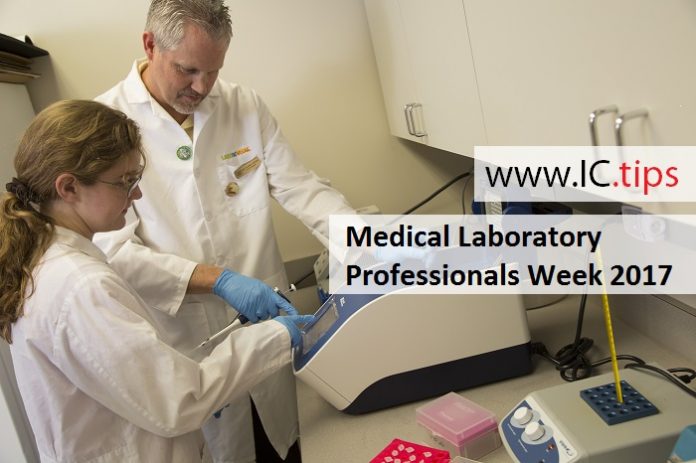

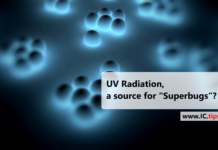

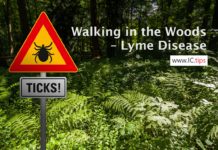





[…] Duong, Andrew. InfectionControl.tips (April 25, 2017). Retrieved October 07, 2017, from https://infectioncontrol.tips/2017/04/25/medical-laboratory-professionals-2017/ […]